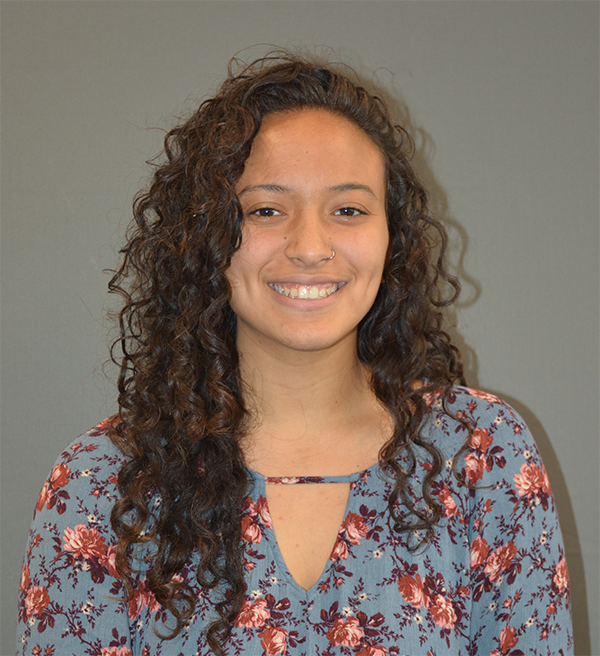Sick seals, curious mammals, and sneaky leopards, oh my! My summer in the REU ANEW program at the University of Maine
By Aalayna Green
 Hello! My name is Aalayna and I am a rising junior at Michigan State University where I am majoring in Zoology with a concentration in Ecology, Evolution & Organismal Biology. At State, my primary research project focuses on the gender dimensions of wildlife trafficking in the Democratic Republic of Congo. Through this research, I began to approach my degree in a more humanistic approach, focusing more on the sociology behind conservation and the interconnection of wildlife and humans. Due to my interest and experiences in human-wildlife conflict, sociology, and public health, I wanted to be a part of a program that would both further my own knowledge as well as give me more research experience at the intersection of my interests. When I came across the REU ANEW program, and Dr. Carly Sponarski’s Human Dimensions of Wildlife Laboratory, I knew I had found exactly what I was looking for.
Hello! My name is Aalayna and I am a rising junior at Michigan State University where I am majoring in Zoology with a concentration in Ecology, Evolution & Organismal Biology. At State, my primary research project focuses on the gender dimensions of wildlife trafficking in the Democratic Republic of Congo. Through this research, I began to approach my degree in a more humanistic approach, focusing more on the sociology behind conservation and the interconnection of wildlife and humans. Due to my interest and experiences in human-wildlife conflict, sociology, and public health, I wanted to be a part of a program that would both further my own knowledge as well as give me more research experience at the intersection of my interests. When I came across the REU ANEW program, and Dr. Carly Sponarski’s Human Dimensions of Wildlife Laboratory, I knew I had found exactly what I was looking for.
Human-dimensions of wildlife seeks to evaluate “how people value wildlife, how they want wildlife to be managed and how they are affected or affect wildlife management decisions” (Decker et al. 2012). The human-dimensions of wildlife diseases specifically seeks to study how individuals perceive wildlife disease, how individuals are affected or affect wildlife disease, and how people want wildlife diseases to be treated. One such disease that has a potential impact on humans is Brucellosis pinnipedialis, which is found in seals and has been transmitted through humans by either humans eating contaminated seafood or being exposed to the bacteria in the environment. My project involves finding the most effective way to communicate impeding wildlife disease to the general public via the use of infographics and color psychology. I am also assisting on creating a survey for an ecotourism website, and I am analyzing data on the human-livestock-leopard interface in northern Kenya.
This program helped me to cement my interests, as well as prepare me for graduate programs. I now know that I seek to pursue an academic program that satisfies my craving for both the natural and the social sciences. I believe that having this experience, of being able to recognize the overlap between sociology and wildlife conservation, was crucial for my professional development and career aspirations.
This blog post was authored by a student participating in the Research Experience for Undergraduates – Accelerating New Environmental Workskills program, which is led by faculty in the Initiative for One Health and the Environmental and funded by the National Science Foundation. Information in this post does not represent the University of Maine or its faculty.
